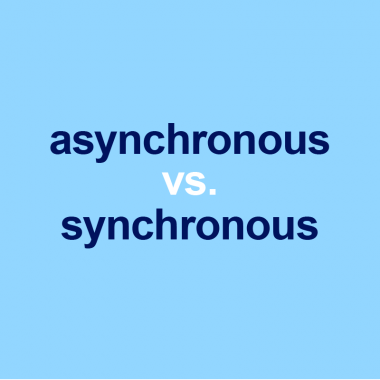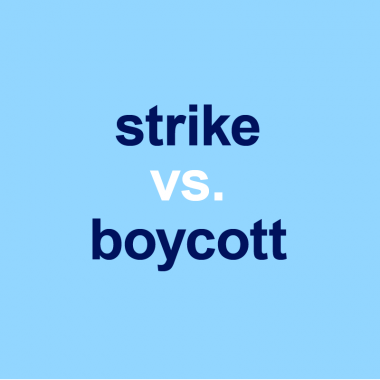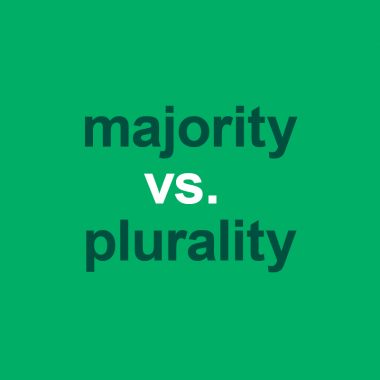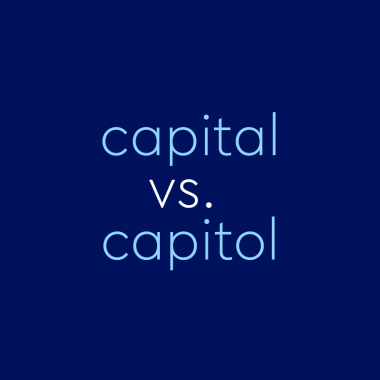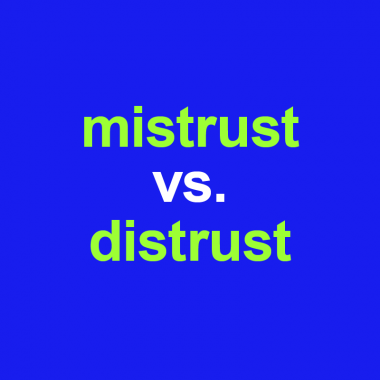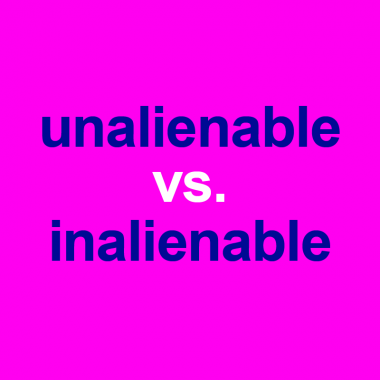“Infamous” vs. “Notorious”: Which One Is Better?
Thanks to clicks, likes, and verified blue checkmarks, a person’s reputation can extend far beyond those who know them personally. For example, it’s widely known that Chris Evans is a real-life Captain America who holds doors open for people, and we all acknowledge that Beyoncé is a goddess among us mere mortals. Speaking of superpowers, before she passed away on September 18, 2020, Supreme Court …

